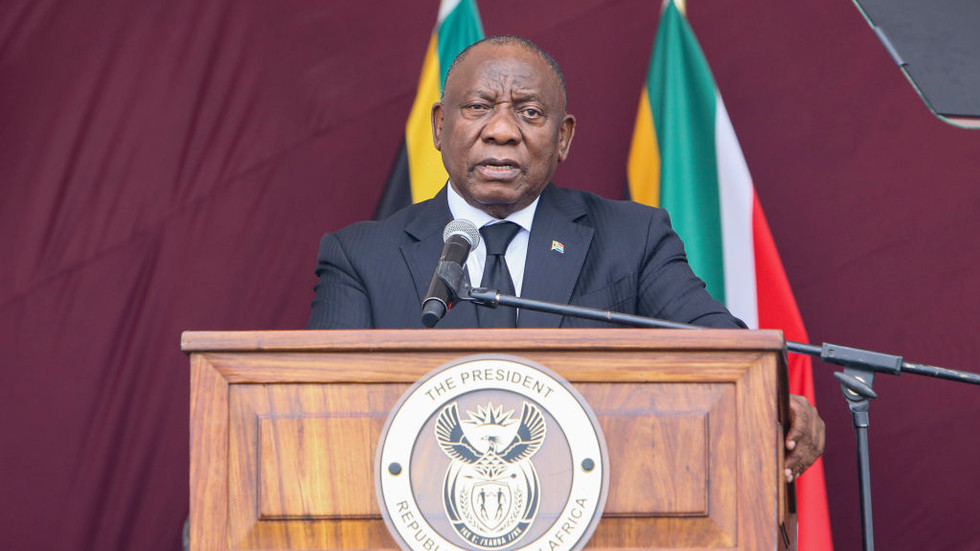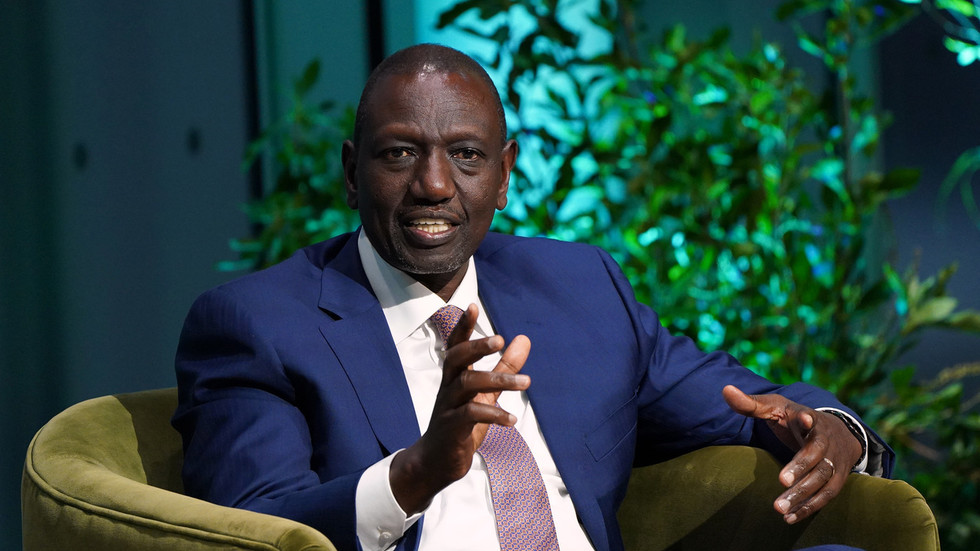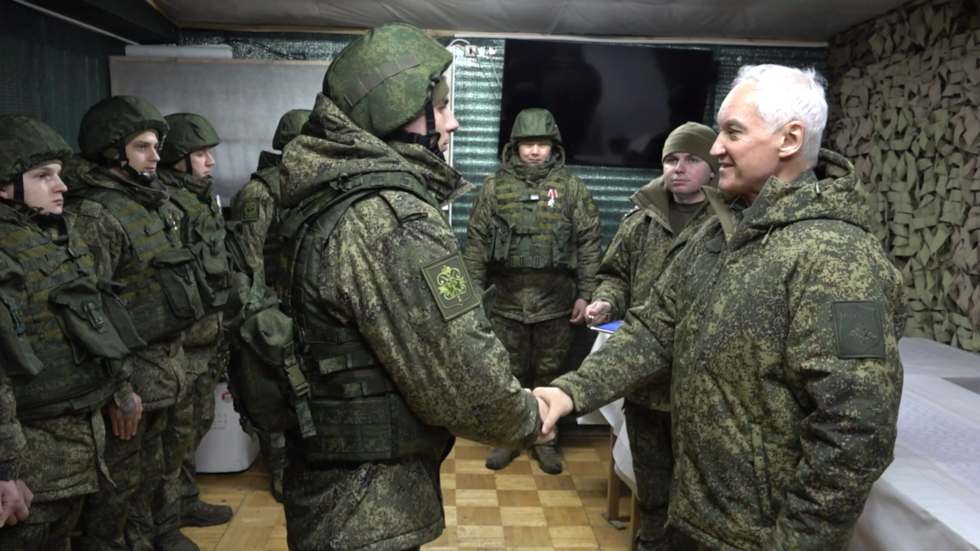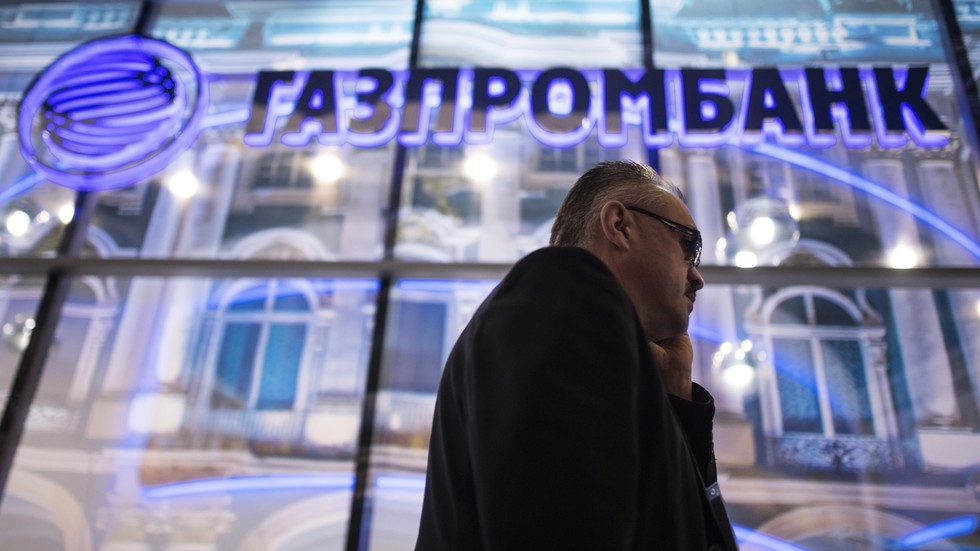Live
05/30/2024May 30, 2024The verdict from the 12-person jury is expected to be delivered later on Thursday.
https://p.dw.com/p/4gQUQ
 Image: Jeenah Moon/Newscom/picture alliance
Image: Jeenah Moon/Newscom/picture allianceWhat you need to know
Jurors in Donald Trump's hush money trial announced on Thursday in a note to the court that they have reached a verdict.
In the note, they requested a short time more to prepare before being able to announce the verdict.
The former US president is accused of falsifying business records to cover up a hush money payment to adult film star Stormy Daniels before his 2016 election win.
05/30/2024May 30, 2024
What were the charges?
Trump faced a total of 34 felony charges of falsifying business records. He denied all wrongdoing and pleaded not guilty.
At the heart of the case is a $130,000 payment to adult film actor Stormy Daniels, in exchange for not going public about an alleged 2006 sexual encounter with Trump. Trump said he elected to paid the money despite Daniels trying to extort him based on what he said were false claims.
At issue in court, though, is how the payment was labeled as "legal expenses," in what the prosecution alleges was part of a broader conspiracy to hide the true nature of the transactions during the 2016 election campaign.
Trump's defense lawyers argued that the former president was not aware of any wrongdoing and that his focus at the time was often on other matters.
The star witness was Trump's own former legal fixer, Michael Cohen, who became a valuable witness for the prosecution after his 2018 conviction on charges of lying to Congress to protect Trump.
https://p.dw.com/p/4gR05
Skip next section Closing arguments recapped05/30/2024May 30, 2024
Closing arguments recapped
Trump's legal team focused largely on the reliability of key witness Michael Cohen in its closing arguments, saying he was not a trustworthy source.
"You cannot convict President Trump on any crime beyond a reasonable doubt on the words of Michael Cohen," lawyer Todd Blanche said, calling Trump's former attorney an "MVP" of lying.
He also urged the jury to put aside their personal opinions about Trump, and their voting inclinations this November, when considering their verdict.
The prosecution, meanwhile, portrayed the cover-up as a meaningful and potentially influential campaign damage-limitation measure.
"This scheme, cooked up by these men at this time, could very well be what got President Trump elected," Joshua Steinglass argued in the New York court.
https://p.dw.com/p/4gR06

 5 months ago
31
5 months ago
31








